HEADLINES
Mon, Dec 08, 2025


Unruly Airport Saga: Keyamo, KWAM 1, Emmason and the 'Animal Farm' Tragedy
By abidemi ADEBAMIWA

When high-profile aviation offences are met with leniency and political settlements, the law loses its force, safety culture suffers, and public trust takes a nosedive.
This week, the Minister of Aviation and Aerospace Development, Festus Keyamo, announced that both King Wasiu Ayinde Marshal (KWAM 1) and Ms. Comfort Emmanson would be given “compassionate” settlements to end their legal troubles. The announcement was greeted with applause by many as a neat resolution. I see it differently. This move risks setting a dangerous precedent that could weaken both aviation safety enforcement and public confidence in the justice system.
Aviation is no playground for sentimental settlements. Blocking a moving aircraft, as KWAM 1 is alleged to have done, is not simply a breach of courtesy — it is a grave aviation offence with potential safety and security consequences. On the other side, the Ibom Air incident carries serious allegations of dignity and privacy violations that deserve nothing less than a transparent, independent investigation. In both cases, the public interest demands the law be applied consistently and without fear or favour.
Once a criminal complaint reaches the police, it stops being a private matter. Nigerian law is clear: it becomes the property of the state. Only the Director of Public Prosecutions and the courts can decide whether it continues or ends. When a minister steps in to engineer settlements and instruct regulators to ease sanctions, it moves aviation regulation into the dangerous territory of political bargaining instead of impartial enforcement.
The minister is correct on one point — the need for retraining aviation security personnel. That is long overdue. But a safety culture is not built on selective clemency; it is built on accountability. Reducing sanctions for high-profile individuals while ordinary travellers face the full weight of the law sends a clear message: rules bend for the famous, but not for everyone else.
Nigeria’s civil aviation is part of a global safety network. The International Civil Aviation Organization (ICAO) and bilateral air partners assess us not by our rhetoric, but by how we enforce our own rules. If infractions can be settled through political discretion rather than due process, the reputational and economic damage could be long-term.
Forgiveness is personal. Justice is public. The moment we blur those lines, the law loses its force and trust in our institutions erodes. The government must resist the temptation to treat aviation safety as a matter for negotiation, because safety and justice must not only be done — they must be seen to be done.
Aviation Law Explainer: What the Rules Say
Blocking or Interfering with Aircraft Operations
Under the Nigerian Civil Aviation Regulations (Nig.CARs), obstructing or interfering with an aircraft on the ground or in motion is a serious offence.
It can also fall under Part 17 — Aviation Security and, in severe cases, be treated as an offence under the Terrorism (Prevention and Prohibition) Act.
Penalties may include heavy fines, flight bans, licence suspensions, and imprisonment.
Unruly Passenger Conduct
Annex 17 of ICAO (adopted into Nig.CARs) requires that disruptive passenger behaviour be handled in line with international safety protocols.
Offences such as refusing lawful instructions, using threatening language, or confronting crew members can lead to arrest, prosecution, and lifetime bans by airlines.
Violation of Privacy and Dignity in Aviation
The 1999 Constitution guarantees the right to dignity (Section 34) and privacy (Section 37).
Recording and publicly distributing indecent images without consent can be criminal under the Cybercrimes Act and relevant penal codes.
Key Takeaway
Aviation law protects safety and human rights. Enforcement without fear or favour is essential to Nigeria’s global air safety standing.
ICAO Compliance Note: Why It Matters
Nigeria is a signatory to the Chicago Convention and bound by the International Civil Aviation Organization (ICAO) Standards and Recommended Practices (SARPs). These require states to:
Investigate serious breaches promptly and independently.
Apply penalties that are proportionate, consistent, and without discrimination.
Report incidents and enforcement actions to ICAO.
Why This Case Raises Concerns
Unequal sanctions for high-profile individuals vs ordinary travellers.
Weakening deterrence within safety culture.
Risk to Nigeria’s USOAP safety oversight rating and bilateral agreements.
Bottom Line
Compliance is not just paperwork — it is proof that Nigeria enforces aviation laws fairly and independently.
News in Pictures
Copyright 2025, Thenewsroom.ng

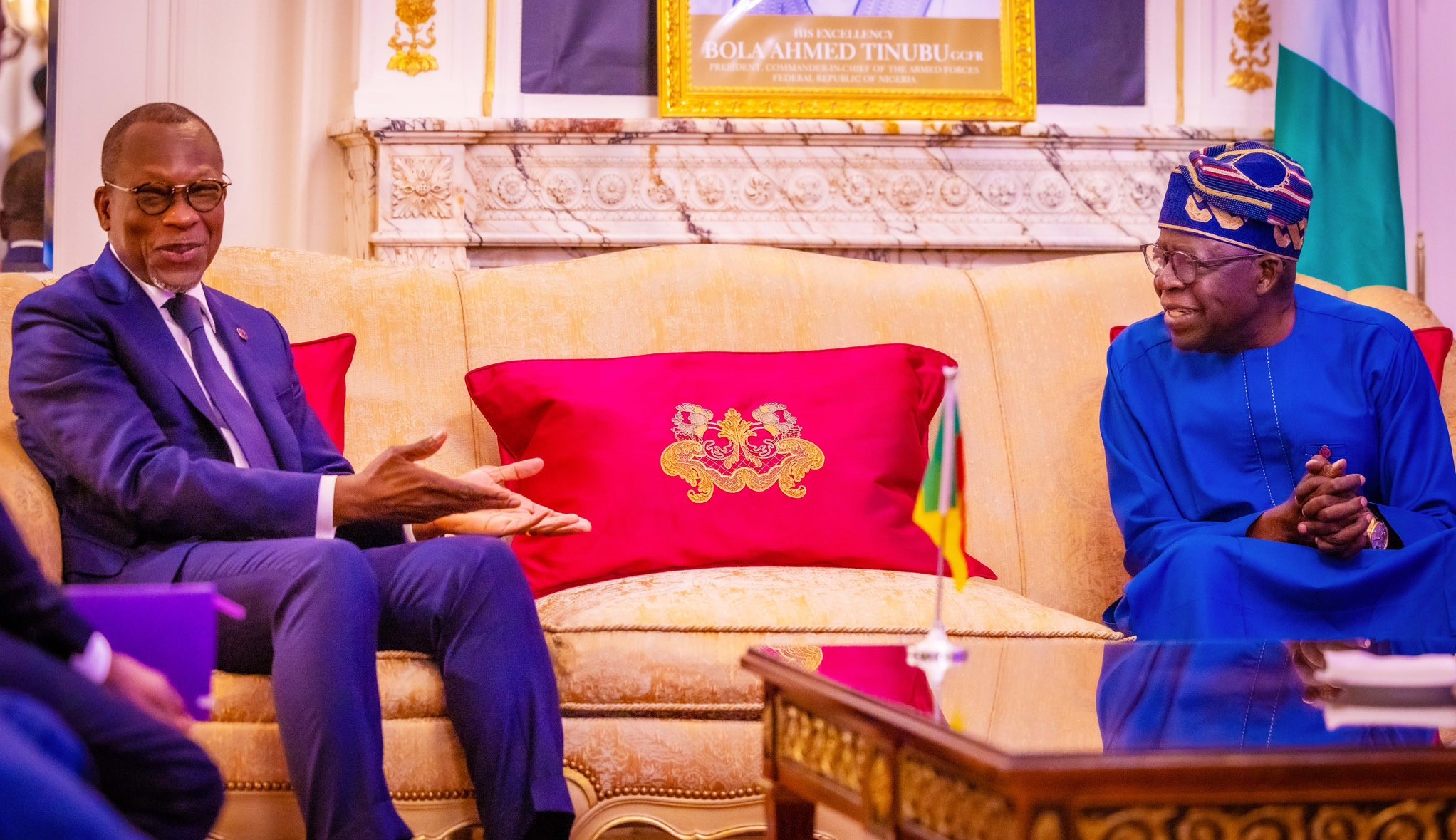
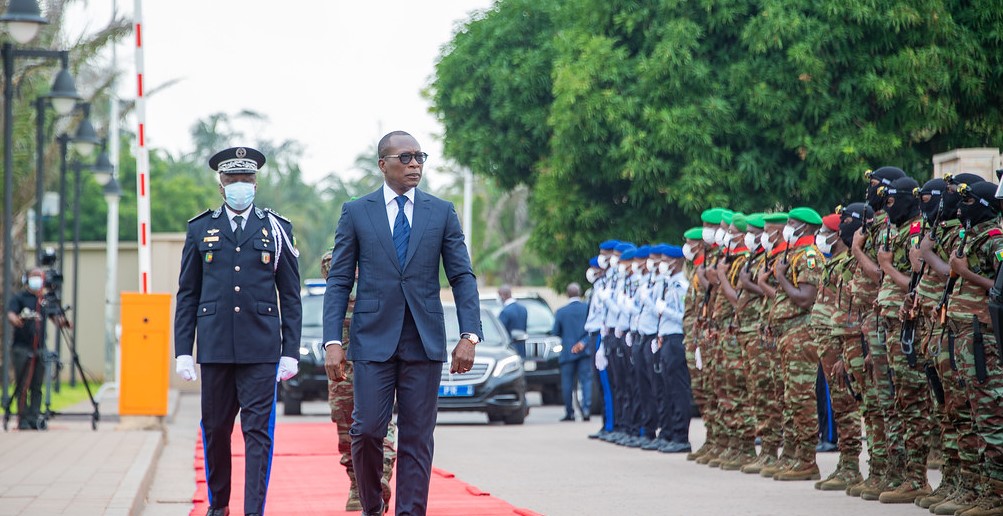
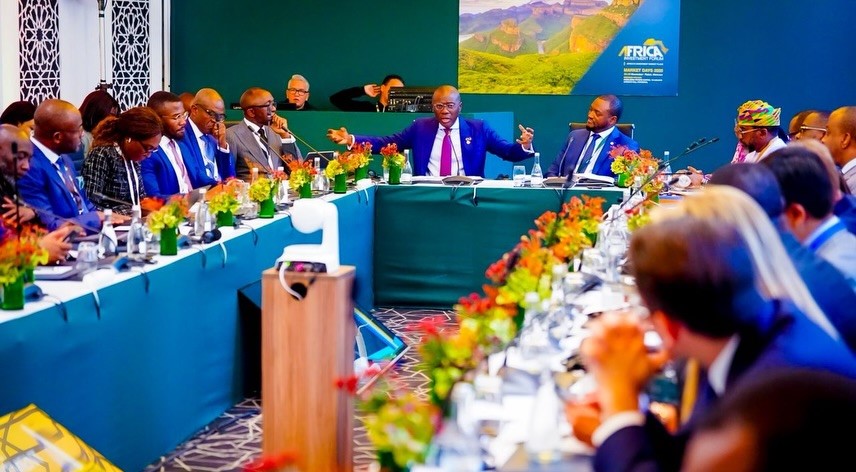
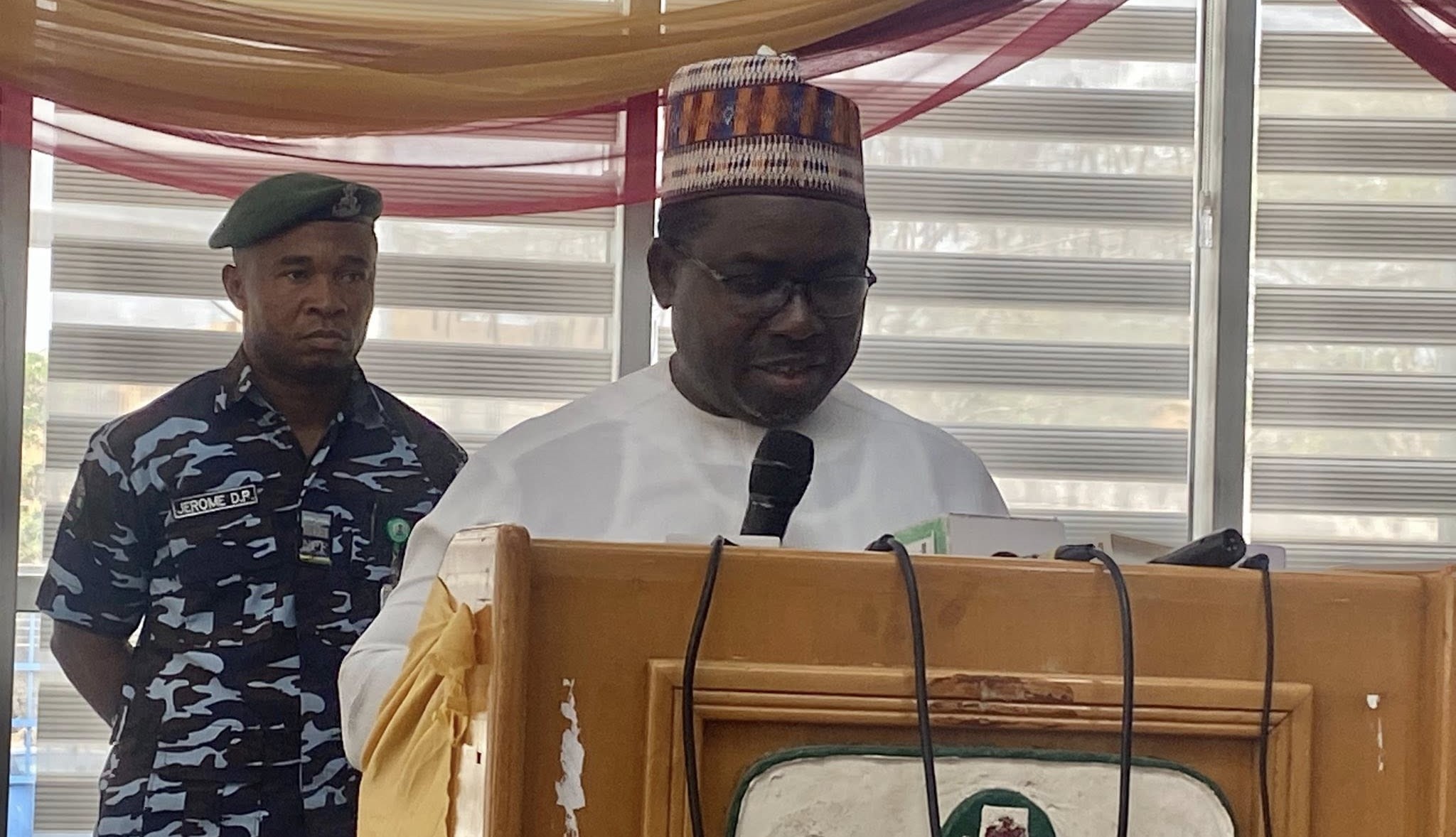


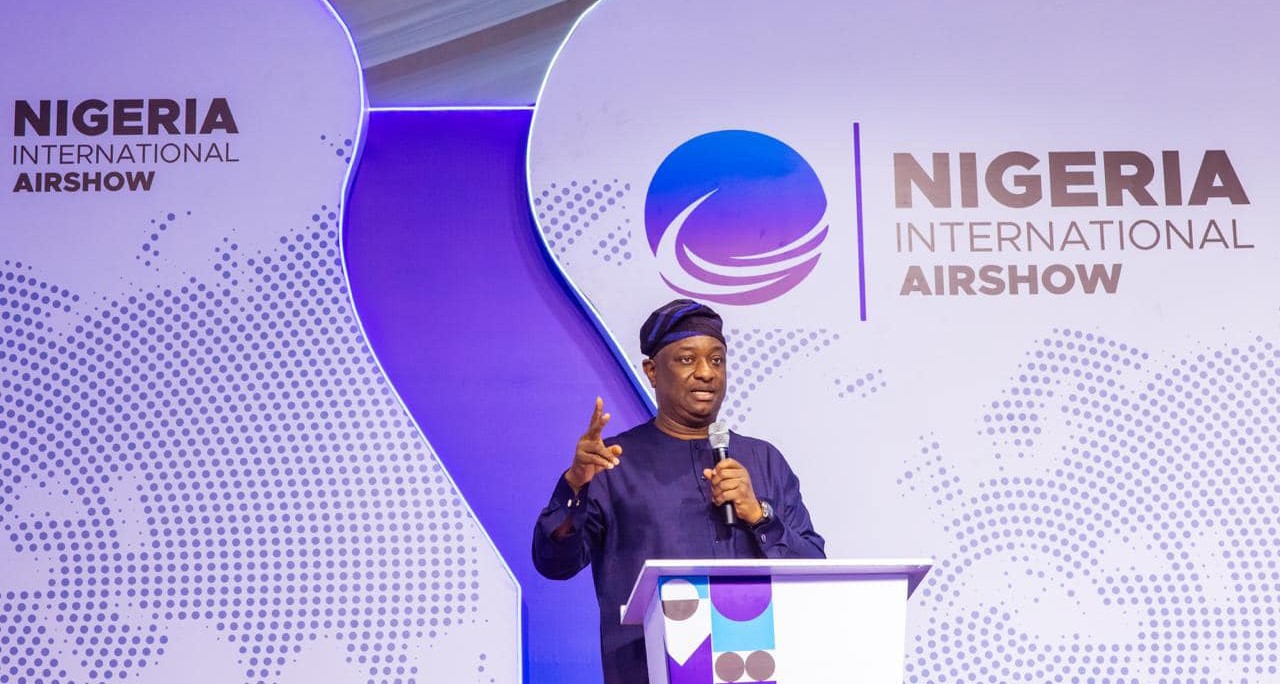

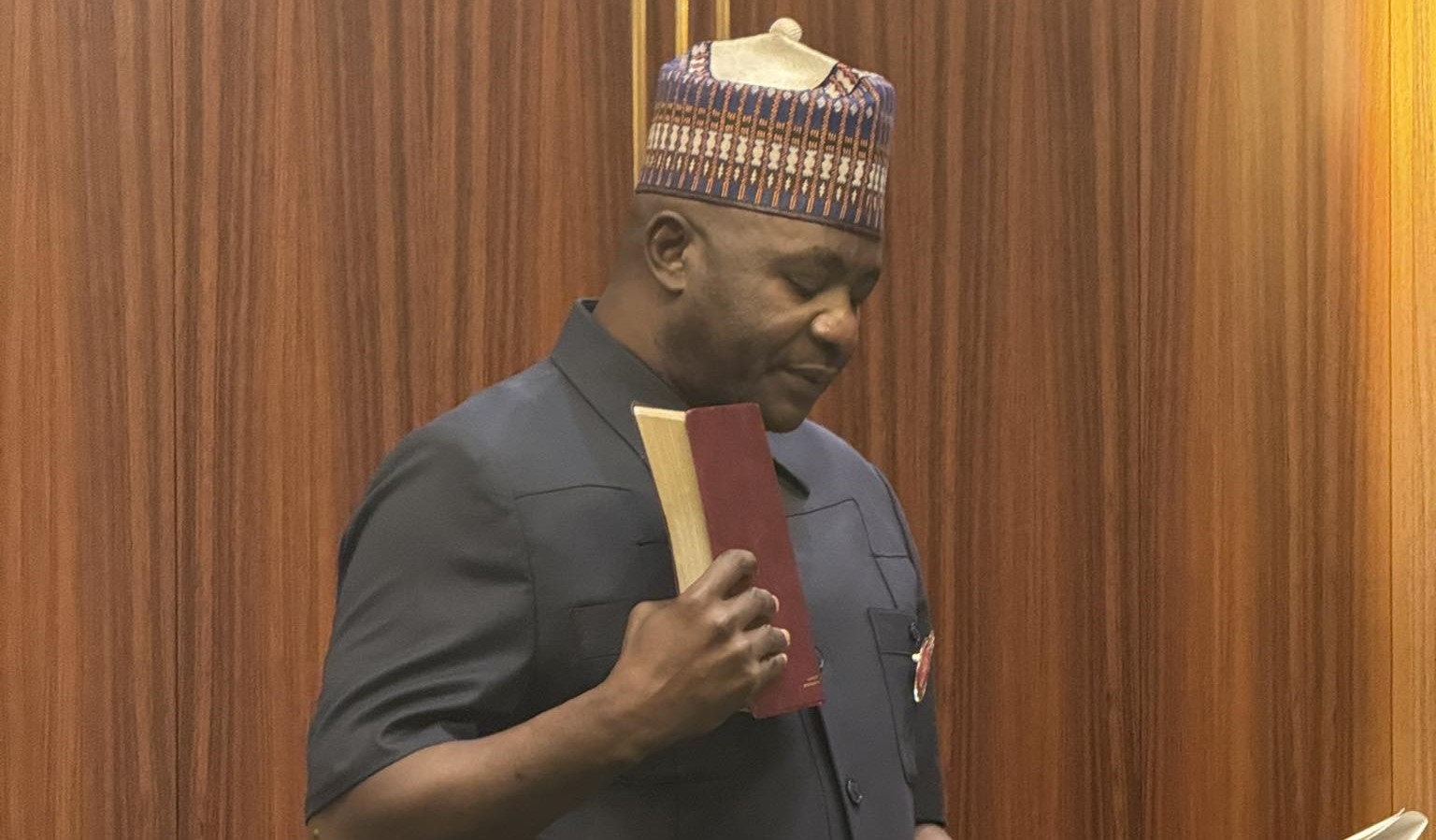

Comments
Be the first to comment on this post
Leave a Reply